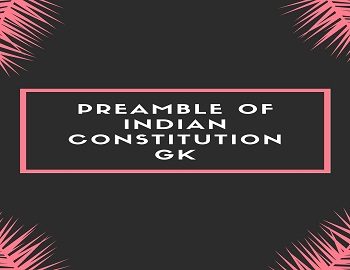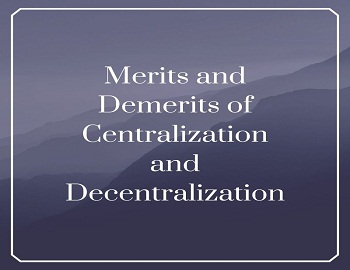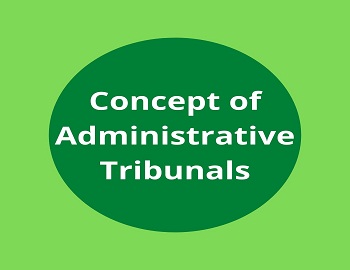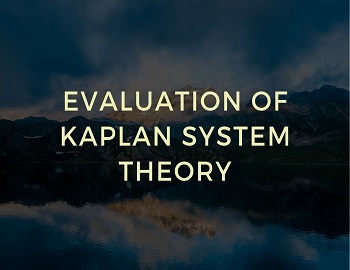Preamble Of Indian Constitution GK:
- What is Preamble- Introduction or Preface to the Constitution.
- Which was the first constitution to begin with a Preamble- American Constitution.
- Who called Preamble as the ‘identity card of the Constitution’- N.A.Palkhivala.
- Which three new words added by the 42nd Constitutional Amendment Act 1976 in the Preamble- Socialist, Secular & Integrity.
- Which type of socialism is seen in the Indian context- Democratic Socialism.
- Democratic Socialism holds faith in which type of Economy- A Mixed Economy.
- What is the chief characteristic of the mixed economy- Both public and private sector co-exist side by side.
- From where the idea of social, economic, and political justice is taken in the Preamble of the Indian Constitution- Russian Revolution (1917).
- From where the idea of liberty, equality, and fraternity are taken in the Preamble of the Indian Constitution- French Revolution (1789).
- In which article of the constitution it is mention “no person is to be declared ineligible for inclusion in electoral rolls on grounds of religion, race, caste or sex- Article 325.
- In which case, the Supreme Court held that the Preamble is a part of the Constitution and it is subject to the amending power of the Parliament- Kesavananda Bharati Case (1973).
- Which article holds that “elections to the Lok Sabha and the state assemblies to be on the basis of adult suffrage”- Article 326.
- When did India become a member of the UNO- 1945.
- Which articles of the constitution guaranteeing the fundamental right to the freedom of religion- Articles 25 to 28.
- The preamble is non-justiciable which means- its provisions are not enforceable in courts of law.
- Which article of the Constitution deals with the powers of Parliament to amend the Constitution and its procedure- Article 368.
- How many times Preamble has been amended so far- One time.
- The Preamble to the Indian Constitution is based on the ‘Objective Resolution’ drafted and moved by whom- Pandit Jawaharlal Nehru.
- Which article of the Directive Principles of State Policy secures to men and women equal right to an adequate means of livelihood and equal pay for equal work- Article 39.
- Which kind of Democracy is provided by the Indian Constitution- Representative Parliamentary Democracy.
- What is the main feature of Representative Parliamentary Democracy- the executive is responsible to the legislature for all its policies and actions.









Comments (No)